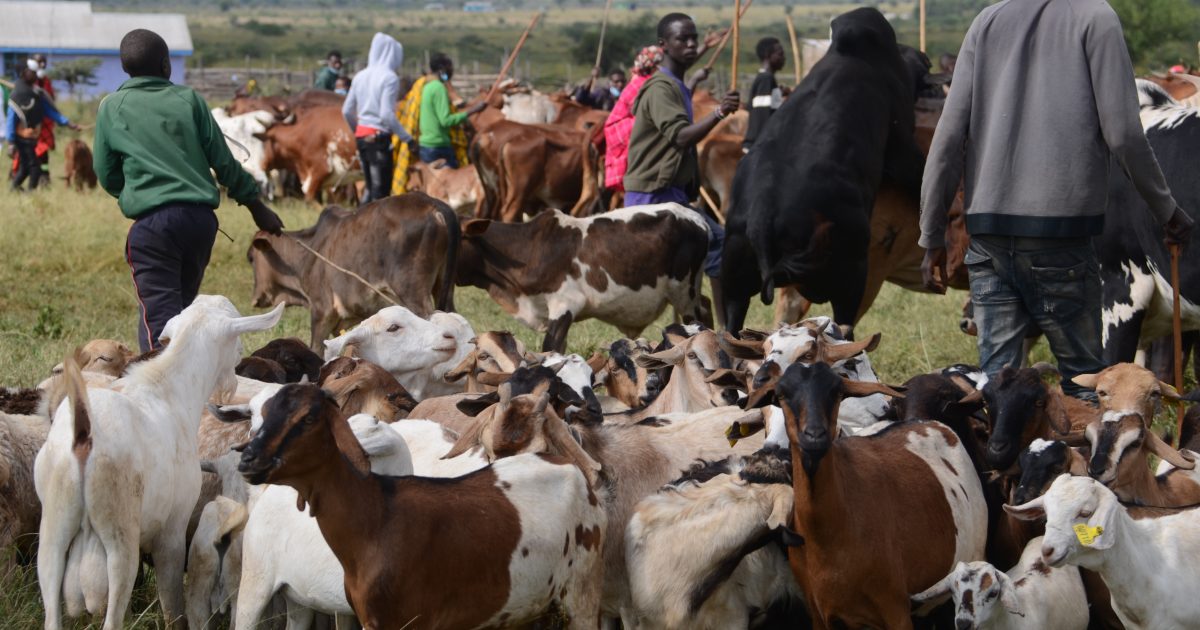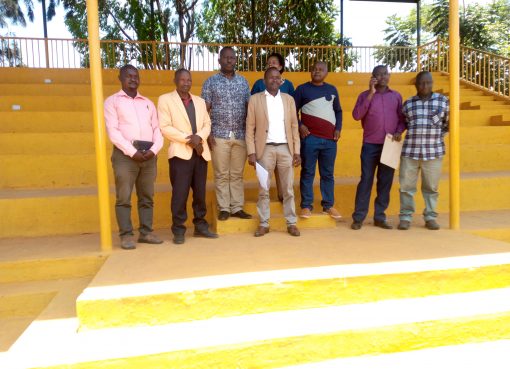Pastoralists in Kajiado County have been urged to embrace modern practices of rearing livestock to boost production and avoid incurring losses during prolonged periods of drought.
Kajiado County Chief Officer in charge of Livestock, Leakey Ritei said climatic changes and diminished land sizes has made largescale livestock keeping an unreliable economic venture hence the need to embrace modern practices that will guarantee high yields.
“Old practices that have been used by livestock farmers over the years have not been the best and have not guaranteed quality animal products. New modern practices must be embraced to ensure increased production,” Ritei said.
Ritei noted that over 90 percent of residents are highly dependent on livestock keeping as their main source of livelihood with cattle, sheep and goats making up 92 percent of the livestock in the county.
Poultry and pig rearing which is a new venture, is still growing in popularity as more residents have started engaging in the same.
He emphasized that for livestock keeping to be sustained, farmers would be forced to adapt to change by keeping manageable numbers of animals that feed less but yield more in terms of quality and quantity.
“Keeping a few animals guarantees quality and we encourage our farmers, through county initiatives, that quality is much better than quantity. Adopting of highly improved breeds of livestock is the only way to sustain the sector which is the major source of livelihood for the community,” said Ritei.
The Chief Officer said his office was in active engagement with livestock keepers on animal disease control and ways to increase productivity through keeping animals.
He emphasized the rearing of few exotic cattle breeds which have multiple benefits as opposed to keeping large herds of indigenous breeds that livestock farmers cannot be able to feed.
“We have introduced modern livestock farming methods to our farmers, some have already applied the practices on their farms. We highly discourage the pastoralism nature of keeping large herds as many diseases are picked up through its free grazing practice,” Ritei said.
Pasture conservation is highly encouraged to ensure that livestock have enough feeds during prolonged drought seasons frequently experienced in the county.
“Pasture conservation is the main practice we are encouraging our farmers to engage in as production is relative to the food intake of our livestock. We are investing highly in water infrastructure to discourage farmers from moving to other counties and neighboring Tanzania in search of the same,” Ritei added.
by Rop Janet




